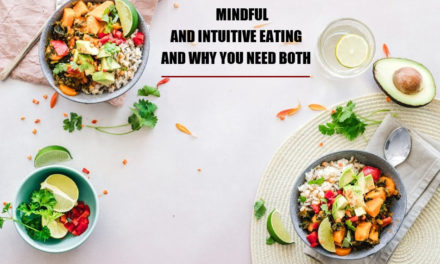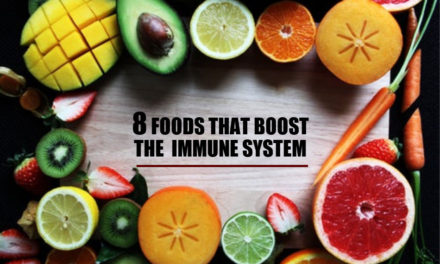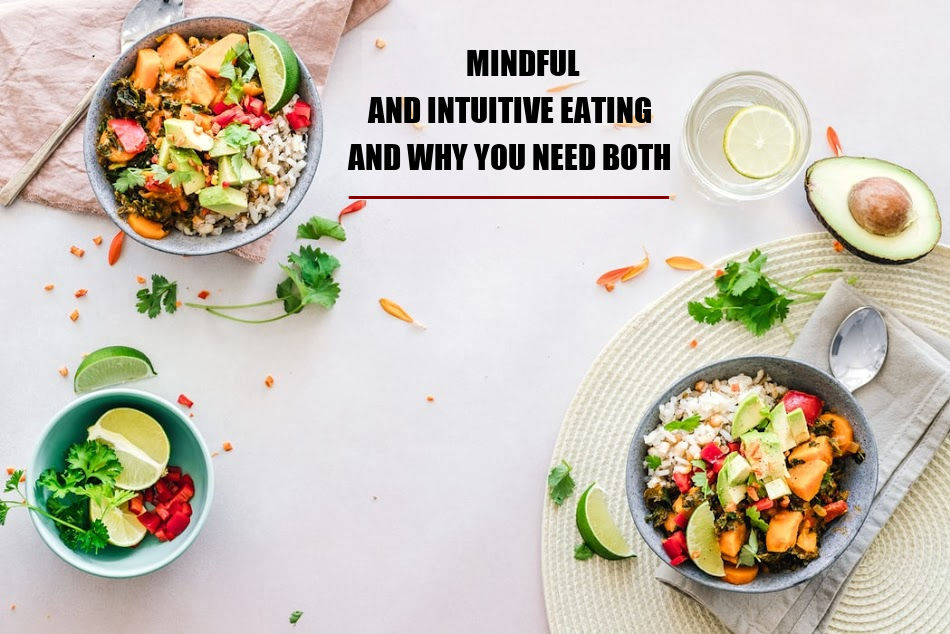Are you all fixated on the next new diet? And since we’re on this topic have you ever considered looking into mindful and intuitive eating to see if it’s for you?
One thing you should be aware of is that mindful eating and intuitive eating habits are comparable and are both interconnected.
The good thing is that you can use both techniques to help you appreciate what you should choose to eat and recognise whether or not it’s just a craving. It will also help you to refocus and understand how much you should eat and the way you feel after you’ve eaten certain foods.
What Is Mindful Eating?

Mindful eating is the consciousness and better understanding that you have whenever you’re choosing to eat any type of food.
It’s somewhat identical to other ways of mindfulness in that you get into a space of non-judgment and just appreciate the experience at that present moment of what you’re eating.
You’re being aware of the taste of all the ins and outs of the particular food. Like the texture, the taste, savoring the different flavors involved, whether it’s hot or cold how it tastes in general and whether or not you like it.
What Exactly Is Intuitive Eating?
But what is intuitive eating you might ask? Intuitive eating is not another one of those diets where you’re counting carbs, macros, points, and the like. But instead, it’s an eating practice involving a mind and body connection when it comes to foods and is easily a great part of self-care.
It consists of ten (10) principles and was created in 1995 by Evelyn Tribole and Elyse Resch and was designed to help people recover if they’re struggling with the negative impact of constant diets.
With intuitive eating, there are really no guidelines but instead, it’s about your mindset towards food. It’s an approach where you respect your health and pay attention to it and make the right food choices without feeling guilty.
Knowing to stop when you’re full and at the same time enjoying your food. It’s really a path to self-awareness and the inevitable requirements of your body and mind.
Differences Between Mindful And Intuitive Eating
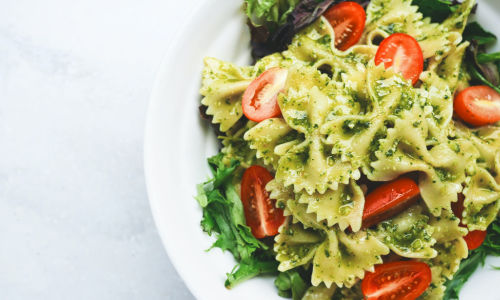
Most of us tend to look at mindful and intuitive eating as one and the same but they aren’t. Even though it’s not accurate they’re usually closely linked but there are differences.
Here are some of the differences between them:
Most times they’re used in tandem to help you to eat healthier naturally. While Mindful eating is really about eating wholesome meals and intuitive eating is about your mindset about food.
With mindful eating, you’ve only involved it while you are eating. But with intuitive eating, it’s something you’re engaged in during the course of the day.
There are no rules when it comes to intuitive eating, all foods are approved just like mindful eating. But with mindful eating, as it happens has some restraints especially within the initial stage. That is, you’re advised to eat without any interruptions and to pay attention to what you’re presently doing, which is eating of course.
What Are The 10 Principles Of Intuitive Eating?

Intuitive eating consists of ten essential principles to help you address, work on and resolve your food and eating challenges. They are:
1. Reject The Diet Mentality

Dieting more often than not takes you on a roller coaster and nine out of ten times it doesn’t work so it’s best to give it up. Stop comparing yourself to other people thinking that you’re too fat or too skinny.
There’s just no one ‘best ‘way of feeding your body proper nutrition.
2. Honor Your Hunger
Eating when you’re not hungry can lead to the beginning of many issues. Keeping your body nourished with suitable nutrients is essential.
Don’t stuff your face with random snacks just to snack and eat whenever your body signals that you’re hungry.
3. Make Peace With Food

Eat what you want, you’re not on a diet, remember? You’re not restricted from eating any type of food so there’s no need to feel guilty when you’re eating them.
And, because you’re able to eat what you want responsibly you’re more likely to enjoy your meals and they will be more satisfying. When you’re deprived of what you want you’ll have a tendency to sneak and eat foods that are not healthy.
4. Challenge The Food Police
Be mindful of the protest of your inner disapproving thoughts that puts food in a class of good or bad.
This can cause you to feel guilty or a sense of defeat because of past experiences when you were not able to follow through with eating habits dictated or prescribed by your diet.
5. Discover The Satisfaction Factor

Make time for your meals and don’t eat on the go. Scarfing down your food is an absolute no-no. Another important thing to keep in mind is to get rid of distractions while you’re eating.
Even if you have to incorporate it into your schedule, allocate some time for your meals. Focus on your food Experience, appreciate and enjoy the different aromas and flavors.
6. Feel Your Fullness
Before you start to eat anything, think about whether or not you’re really hungry. Eat only if you’re hungry.
Take the time during your meal to enjoy the different textures and tastes of your food. Also at some point during your meal take into consideration whether or not you’re full. If you’re full then it’s simple, just stop eating.
7. Cope With Your Emotions With Kindness

If you’re sad, bored, or stressed out, you might tend to use food as a cushion for your emotions.
You might feel good for a while but that doesn’t address the situation. Look at some other ways to cope with or get a handle on what’s causing that feeling without involving food.
8. Respect Your Body
Let’s get real, we’re all different shapes and sizes and you can wish all you want that you have somebody else’s body, it ain’t gonna happen.
You’re unique. Accept what your body type and size is. And if you want to make certain changes where your body image is concerned then up your level of fitness. Start to make better decisions when it comes to what you put in your mouth and gradually add exercise.
9. Movement- Feel The Difference

You and I both know that exercise is an essential part of our lives. Don’t choose exercises that feel like a chore or you’ll not want to do it. And you’ll end up giving up even before you’ve started.
Start off with anything that gets your body moving and is something that you like to do. It could be as simple as walking and build on that.
10. Honor Your Health
Let go of the urge to count macros and micros and all that kind of stuff. Instead, choose foods that provide nourishment to your body while at the same time flavorful and keeps you feeling full.
And if you decide to indulge just for a day and select an unhealthy option- it’s only human and it’s not the end of the world, no the sky will not fall. Just get back on track the next day, get in the swing of things and keep the momentum going.
Can You Lose Weight While Intuitive Eating?
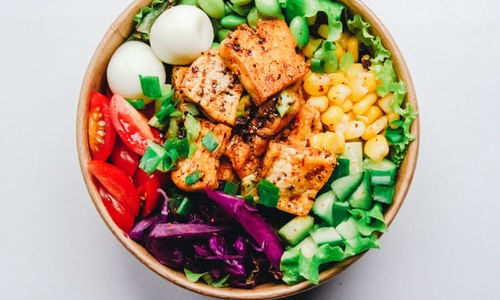
You may be wondering if you’ll lose weight with intuitive eating and the answer to that is yes. But the fact is, you can also remain at the same weight and you can also have weight gain.
Mindful and intuitive eating is not about weight loss or dieting but its goal is really to help you recover from an unhealthy relationship with foods. Studies have shown that an intuitive eater has reduced obsession with food and reduced levels of eating disorders and improves your physical health as well.
Benefits Of Mindful and Intuitive Eating
There are lots of benefits to becoming an intuitive and mindful eater. You’ll be aware when to break away and quit eating a particular meal and you’ll end up appreciating and enjoying your food so much more.
As with everything once you make it a habit, you’ll enjoy all the payback it gives.
These benefits include:
- Greater self-worth
- Better physical form and appearance
- Happiness and contentment
- Confidence and positivity
- Better quality of life
- Ability to adapt
- Lower Triglyceride levels
- Reduced level of emotional eating
- Reduced levels of eating disorder
Conclusion
Why should you become an intuitive and mindful eater? Nobody knows your body like you. You know what your body needs, when you’re full and when you’re hungry.
Intuitive and mindful eating is an approach you can use to eat intentionally, getting rid of guilt and judgment, and freeing yourself from a diet mentality. You focus on your level of hunger and fullness savoring every bite of your meal and really enjoy your food.
Have you tried mindful or intuitive eating or both?










